How come Line 1 and Line 2 have more than ten x(s) when the loop should end at ten given the condition of ii < 10?
I am trying to understand how these two dimensional arrays work, any advice is appreciated.
#include <stdio.h>
int main()
{
char name[3][10];
for(int i = 0; i < 3; i++){
for(int ii = 0; ii < 10; ii++){
name[i][ii] = 'x';
}
}
printf("Line 1: %s.\n", name[0]);
printf("Line 2: %s.\n", name[1]);
printf("Line 3: %s.\n", name[2]);
return 0;
}
FIX:
Thanks to everyone's comments I managed to fix the code. The problem was that I was not reserving one space for the NULL terminator at the end of the array. Since I wanted ten x(s), the solution is to increase the size of the two dimensional array so that it has space for the NULL terminators.
#include <stdio.h>
int main()
{
char name[4][11];
for(int i = 0; i < 3; i++){
for(int ii = 0; ii < 10; ii++){
name[i][ii] = 'x';
}
}
printf("Line 1: %s.\n", name[0]);
printf("Line 2: %s.\n", name[1]);
printf("Line 3: %s.\n", name[2]);
return 0;
}
